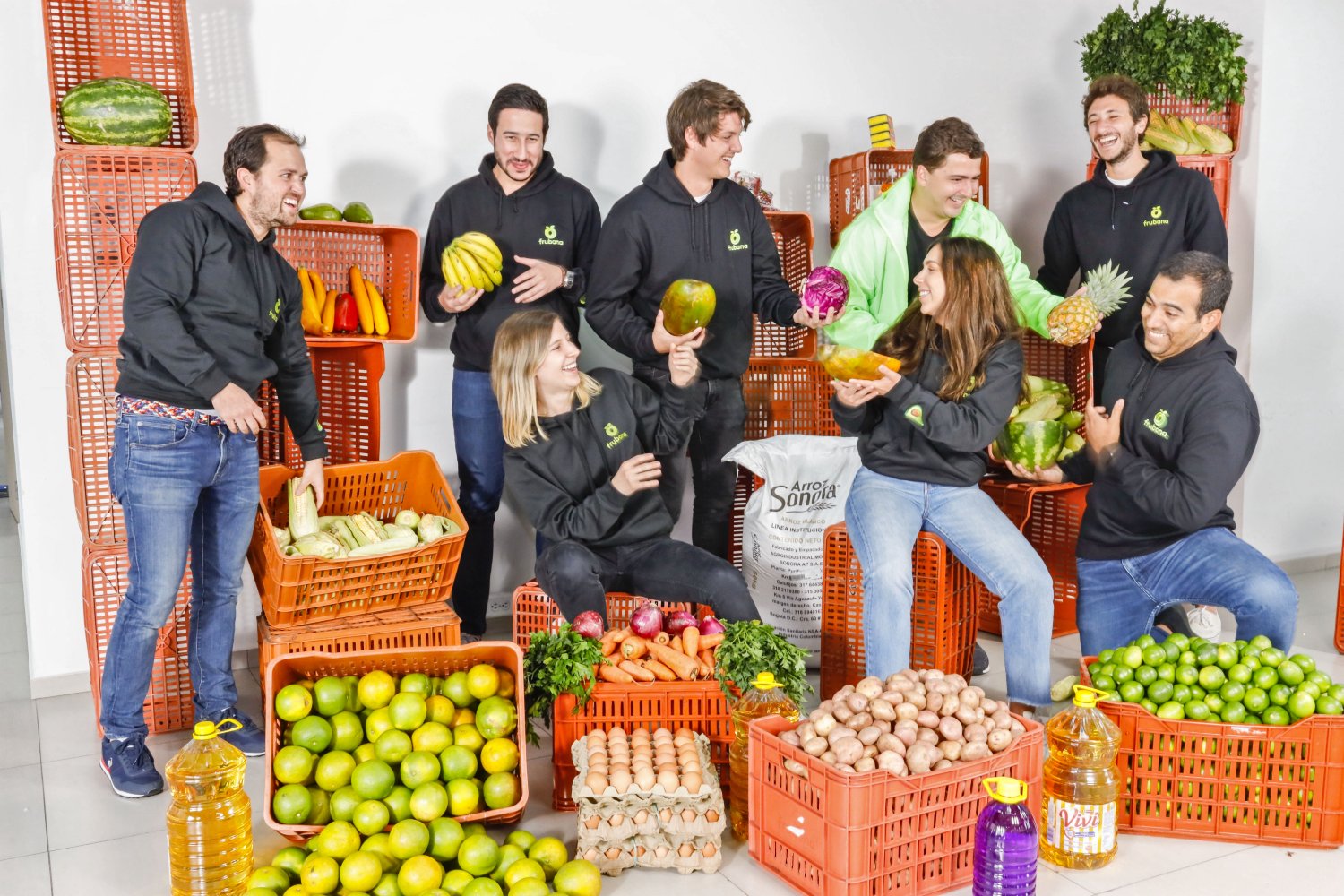RIO DE JANEIRO, BRAZIL – One of the sectors growing in the innovation ecosystem in Colombia is foodtech, that category that has digital solutions aimed at the food sector.
According to the most recent ColombiaTech report, 37 companies are part of this sector, which corresponds to 3.33% of the total number of startups that make up this ecosystem and places foodtech in the top 10 sectors with the highest growth projections in the coming years.
It should be noted that among the companies that stand out in the report are: Frubana, Foodology, Robin Food, and Muncher, who claim that digital will keep “transforming” local and regional restaurants.

“Foodtech is everything that is technology applied to innovation in food and goes from the production chain to the leverage of software for the gastronomic industry, retail, and food. Colombia has been standing out thanks to the strong impulse of home applications and the boom brought by the pandemic”, explained Rafael Montoya, country manager of Robin Food.
The home delivery company has operations in Bogota, Medellin, Chia, and Soacha and has brands such as ‘Muy’, ‘Pixi’, ‘El Origen’, ‘Just’, ‘Tremendo’, ‘Pecado Natural’, and ‘Tributo’. Among the projections that the startup has in focus for this year, its expansion plans to open new points on the outskirts of Bogota and strengthen its virtual brand models stand out.
“By 2022, we will consolidate our expansion, as sources of growth we have the opening of more stores, we have three stores pending to open in Medellin. We are also in a model of virtual brands, semi-franchised, and we have more than 50 points in the country, in shared space, taking advantage of our marketing capacity. We want to achieve total coverage of 11 stores and expand to municipalities near Bogotá,” added Montoya.
Speaking to Portafolio, Fabián Gómez Gutiérrez, CEO of Frubana, a platform that seeks to connect farmers with restaurants with the help of digital tools, noted that the implementation of technology in the value chain has led them to consolidate their operations in Colombia, Mexico, and Brazil, to close with a total of 17 cities and 100,000 restaurants by 2022.
For Juan Guillermo Azuero, co-founder of Foodology, the foodtech sector will continue to expand significantly in the coming months “due to changes in consumer habits”.
“Since we launched Foodology two and a half years ago, we have grown exponentially. Our business model is focused on the home, and clearly, the pandemic helped us a lot because users stayed more at home. In recent months, we have been growing very well; the food sector is quite resilient, so we are growing at a rate of more than 20% in terms of orders, which makes us very happy,” said Azuero.
Foodology, which has its own brands such as ‘Brunch and Munch’, ‘Avocalia’, ‘Burritos and Co’, uses data to understand how to make menus more efficient, what people order the most, what is the optimal price, and to understand what the customer is looking for. This startup operates in Colombia, Mexico, Peru, and Brazil.
HIDDEN KITCHENS
One proposal that combines technology and food in the same recipe is Muncher, which has arrived in Mexico, Brazil, and Peru. The company has been in the market for three years, focuses on assembling kitchens in maritime containers, and supports the “evolution” process with technological tools at home. “This is a sector that has been growing and that the pandemic helped to boost,” said Juan Jaramillo, CEO of Muncher.

